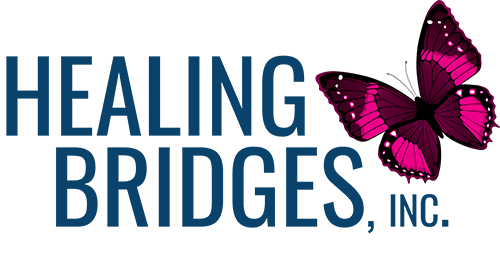Diverse Dietary Needs
As an ACE Certified Fitness Nutrition Specialist and Health Coach, I am frequently asked questions about my “diet philosophy”. What I do, personally, and what I may recommend to any individual diet may differ. Here’s why ~
We all come in different “packages” – i.e. ancestry, genetic make-up, cultural traditions; some of us have dietary restrictions due to food allergies and /or sensitivities; others may have to be careful about the interaction between certain foods and medications, and so on.
In addition, there are varying body types, lifestyles and goals. Elite athletes have different needs than those with desk jobs (although we all have some of the same basic nutritional requirements). And there are certain medical conditions that may respond particularly well to a certain balance of nutrients.
Taste buds and texture preferences vary. Some of us prefer sweet and creamy, others salty and crunchy and so on.
Some of us like to cook and do so at home; others may not have cooking skills or have schedules that often make that prohibitive.
Some of us are on a tight food budget, others not so much.
With all the current debate about vegan/vegetarian, pescatarian, paleo, Ketogenic, Mediterranean, DASH Diet, “Healthy Plate”, and intermittent fasting no wonder people are confused!! And most Americans have more than one dietary deficiency in vitamins/minerals!!. In addition to not drinking enough water or taking in sufficient essential fatty acids!!
Just because one way of eating works for me (or anyone else) doesn’t mean it is best for everyone. OK, so what matters most? MINDFUL EATING Pay attention – being your own investigator, your own detective – noting the signs of how your body and how your mental clarity and your energy and mood respond to certain foods and to certain eating patterns will serve you best.
For example, several decades ago, I noticed that when I ate dairy foods (which were then my favorite food group), my sinuses would drain down the back of my throat like a river. And if I ate cheese, my face broke out the next day in big sore cysts! I did not want to believe these symptoms were food related! I loved dairy! Four times I tried eliminating all dairy foods for a month or more and then to add small amounts back in – no luck. After the fourth try I decided to go “dairy free”. I admit it changed my health and well-being dramatically for the better. No, it wasn’t the lactose – it was the casein in dairy that was a problem (but that is another blog for another day). However, no worries about calcium according to nutritionfacts.org: while absorption is only 32% from milk, it is 50% from kale and 64% from Brussel sprouts. https://nutritionfacts.org/
Just because dairy is a problem for me, doesn’t mean it is a problem for everyone. My own daughter cannot tolerate gluten, but my body handles it just fine (although I eat it only in small-moderate amounts.)
Bottom line: Eat minimally processed food, mostly plants, (only 3% of American’s get recommended servings of vegetables per day). Avoid fast, fried, refined foods; choose organic whenever possible; (See our “dirty dozen” and “clean 15” lists from Environmental Work Group). If you choose to eat meat / poultry, choose grass-fed, organic and “humanely raised’ and consider these “condiment” size portions.
If you eat fish, choose wild caught from cold northern waters. Follow Dr. Mark Hyman’s “SMASH” guidelines: Salmon, Mackerel, Anchovies, Sardines, Herring are OK. Eggs should be organic and from “certified humanely raised” chickens. Don’t forget your “healthy fats” like Extra Virgin Olive Oil (EVOO), avocado, etc.
Pay attention to hunger, fullness cues and your energy level. Get curious about why you are eating if you aren’t hungry. Monitor stress levels. Stay mindful.
Eat mindfully, meditate, move consistently and joyfully.
Contact us if you need guidance and support ~ we will listen to your goals, learn your lifestyle, and discuss what is important to you and how we can help.
